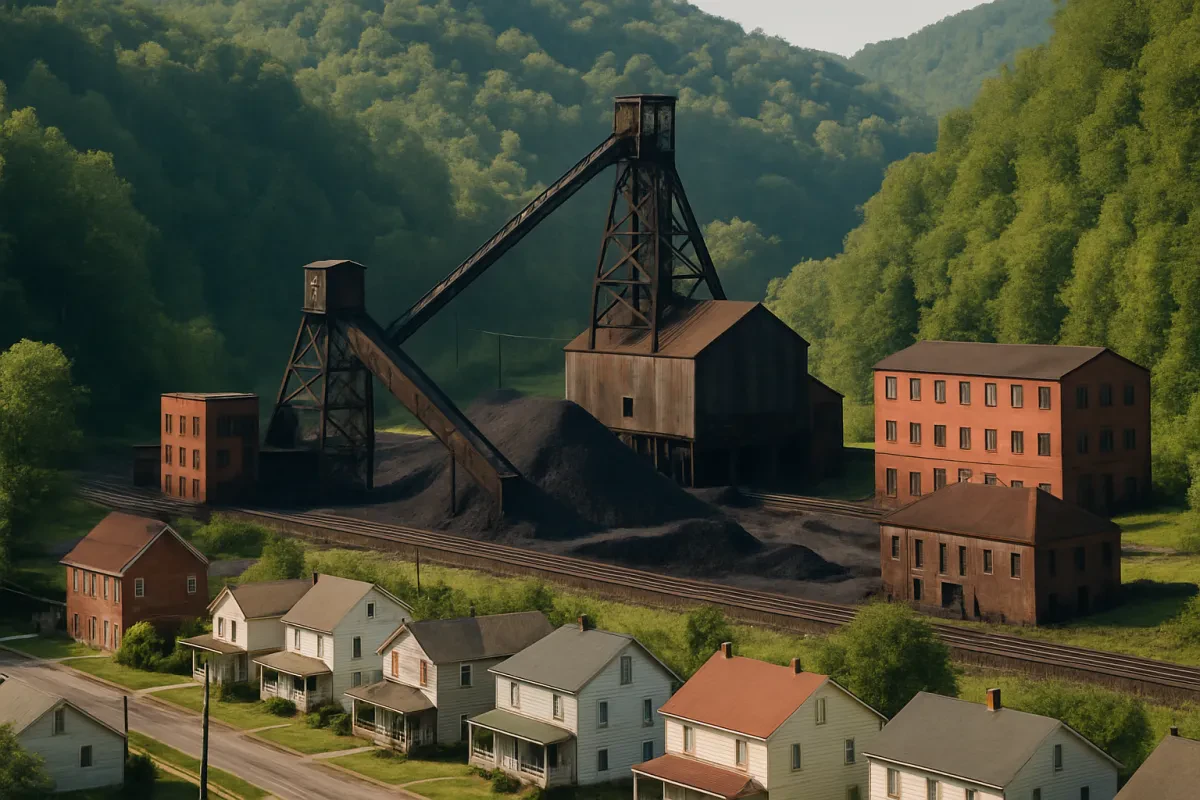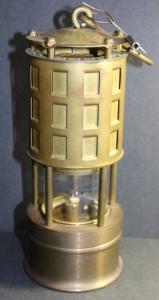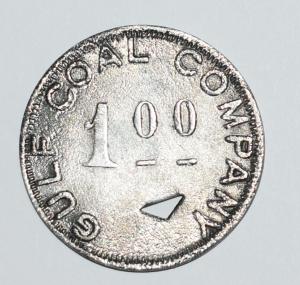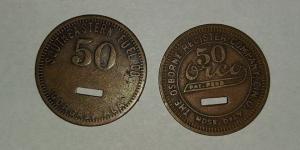Coalwood, West Virginia, is a small, unincorporated community tucked away in McDowell County. Known as the hometown of the “Rocket Boys,” Coalwood has a rich coal mining history that shaped the lives of generations of Appalachian workers and inspired bestselling books and Hollywood films.
In this article, we’ll explore the history of Coalwood from its founding in 1905 through its coal mining heyday, decline, and cultural rebirth.
The Birth of Coalwood, West Virginia (1905)
George L. Carter and the Founding of Coalwood
Coalwood was established in 1905 by George Lafayette Carter, a visionary entrepreneur who recognized the untapped coal potential beneath the rugged Appalachian landscape. Carter purchased roughly 20,000 acres of land and formed the Carter Coal Company.
His goal was to create a self-sustaining coal company town, complete with homes, schools, churches, a company store, and medical services. Carter’s plan transformed Coalwood into a bustling hub of coal activity in southern West Virginia.
Coalwood’s Golden Era: A Thriving Coal Mining Community
Expansion Under Consolidation Coal Company
In 1922, Carter sold the town and its coal operations to the Consolidation Coal Company. The company upgraded the mines, expanded worker housing, and modernized infrastructure. However, after financial struggles and union tensions, Carter regained control in the 1930s.
By the 1940s, the town had returned to profitability and was sold again, this time to a group of investors who rebranded it as the Olga Coal Company. Under Olga’s management, Coalwood grew even more prosperous.
A Model Coal Camp
Unlike many mining towns, Coalwood offered well-maintained homes, English-Tudor-style apartments, a clubhouse, bakery, and even a swimming pool. Its reputation as a model coal camp made it one of the most desirable places to live and work in McDowell County.
Coal Production Boom in the 1950s and 60s
High Output and Employment
By the 1950s and 1960s, Coalwood was producing over one million tons of coal annually. The population peaked at over 2,000 residents. The Olga Coal Company also connected Coalwood’s underground mine with the nearby Caretta mine, increasing efficiency and productivity.
Coalwood’s significance in the coal industry made it a key contributor to the local and national economy.
The Beginning of the End: Coalwood’s Decline
Loss of Rail Access and Mine Closures
The first sign of trouble came in 1959, when Olga Coal Company stopped bringing coal to the surface through Coalwood. As a result, the Norfolk & Western Railway removed its tracks to the town.
Though the mine operated for a few more decades, the writing was on the wall.
Final Ownership and Closure
In 1980, the LTV Corporation acquired the Olga Coal Company. Despite maintaining operations for a few years, the Coalwood mine was officially closed in 1986, marking the end of an era. The company-owned homes were sold to residents, and Coalwood ceased to function as a traditional company town.
The Legacy of the Rocket Boys
Homer Hickam and the Rocket Boys Story
Coalwood gained international attention in 1998 when former resident Homer Hickam Jr. published his memoir, Rocket Boys. The book told the story of Hickam and his high school friends, who built rockets in their spare time and later became NASA engineers.
This compelling coming-of-age story became a New York Times bestseller and inspired the 1999 Universal Pictures film October Sky, starring Jake Gyllenhaal.
October Sky Festival
To celebrate the book and film’s legacy, Coalwood hosted the October Sky Festival annually until 2011. The festival drew thousands of visitors, including science enthusiasts, educators, and space lovers.
Though the event later moved to Beckley, WV, it played a major role in preserving Coalwood’s legacy.
What Remains of Coalwood Today?
A Town Frozen in Time
After the mine shut down, many of Coalwood’s original structures fell into disrepair. The Carter Coal Company Store, once a centerpiece of the town, was listed on the National Register of Historic Places but was ultimately demolished in 2008.
Big Creek High School, where the Rocket Boys studied, also closed and was eventually torn down.
A Destination for History and Film Buffs
Today, Coalwood remains a quiet community with a deep connection to America’s industrial and cultural history. Visitors can still see the Hickam family home, the old machine shop, churches, and remnants of the once-vibrant town.
Coalwood is now a must-visit for fans of October Sky, Appalachian history, and coal mining heritage.
Fast Facts About Coalwood, WV
-
📍 Location: McDowell County, southern West Virginia
-
🏭 Founded: 1905 by George L. Carter
-
🛠️ Industry: Bituminous coal mining
-
⛏️ Original Company: Carter Coal Company
-
🎬 Famous For: Rocket Boys, October Sky
-
🚂 Decline Began: 1959 with railroad removal
-
⛔ Mine Closed: 1986
-
🎉 Festival: October Sky Festival (until 2011)
Timeline of Key Events
| Year | Event |
|---|---|
| 1905 | Coalwood founded by George L. Carter |
| 1922 | Sold to Consolidation Coal Company |
| 1933 | Carter regains control of the mines |
| 1947 | Sold to Olga Coal Company |
| 1959 | Railroad tracks removed |
| 1980 | LTV Corporation acquires operations |
| 1986 | Coalwood mine closes permanently |
| 1998 | Rocket Boys memoir published |
| 1999 | October Sky film released |
| 2008 | Company store demolished |
| 2011 | Last October Sky Festival held in Coalwood |
Why Coalwood, WV Matters Today
Coalwood is more than just an old mining town. It is a symbol of resilience, innovation, and the American spirit. The town's transformation from a coal-powered economy to a cultural landmark shows the lasting impact of small communities on the national story.
Whether you’re a fan of Rocket Boys, a student of coal mining history, or simply curious about West Virginia’s past, Coalwood is a place worth remembering—and visiting.
Plan Your Visit to Coalwood, WV
Coalwood may not have hotels or restaurants, but it offers a powerful sense of nostalgia, history, and inspiration. A visit to the Rocket Boys’ hometown offers a glimpse into America’s industrial legacy and the dreams that can rise from even the humblest beginnings.







